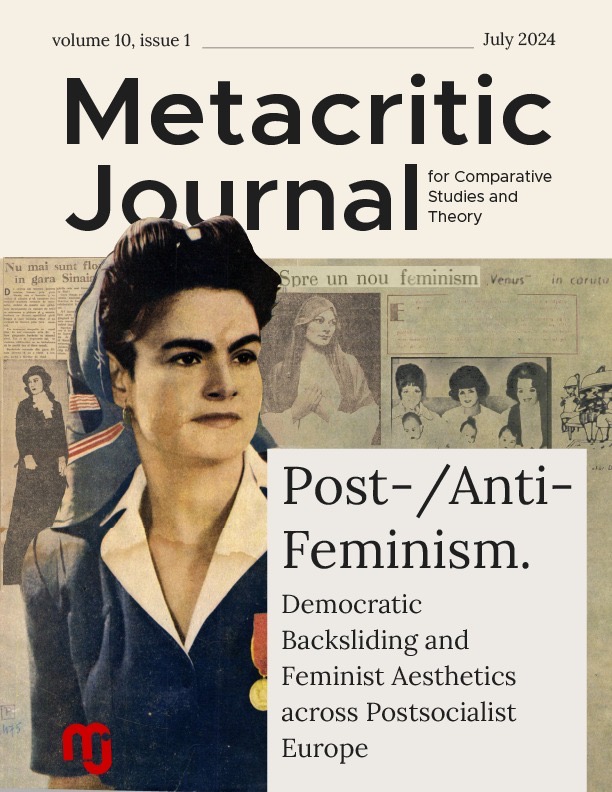The Post-Communist Transition and the Representation of Women in Eastern Europe. A Case Study on Tatiana Țîbuleac and Dorota Masłowska
The Post-Communist Transition and the Representation of Women in Eastern Europe. A Case Study on Tatiana Țîbuleac and Dorota Masłowska
Author(s): Andreea MîrțSubject(s): Language and Literature Studies, Studies of Literature, Polish Literature, Romanian Literature
Published by: Universitatea Babeş-Bolyai
Keywords: post-communist transition; representation of women; world-literature theory; combined and uneven development; national identity
Summary/Abstract: Fiction depicting the post-communist transition has been little discussed with the focus on the representation of women. At the same time, there is a lack of comparative studies that analyze these fictions produced in Central and Eastern Europe after 1989. The article aims to discuss the representation of the transition in the novels of two contemporary female writers from the Republic of Moldova and Poland respectively. Vara în care mama a avut ochii verzi [The Summer When My Mother’s Eyes Were Green] (2017) by Tatiana Țîbuleac and White and Red (2002) by Dorota Masłowska are analyzed from the perspective of World-Literature theory (Warwick Research Collective) to see how the impact of the transition to neoliberalism produces new representations of women in the novel, questioning traditional gender codes. The women as commodities and the women as entrepreneurs, who adapt to the capitalism of the 90s in Eastern Europe are two symptomatic representations in the two novels, which offer, without an explicit feminist stake, a more complex mapping of the post-communist transition.
Journal: Metacritic Journal for Comparative Studies and Theory
- Issue Year: 10/2024
- Issue No: 1
- Page Range: 72-85
- Page Count: 14
- Language: English

